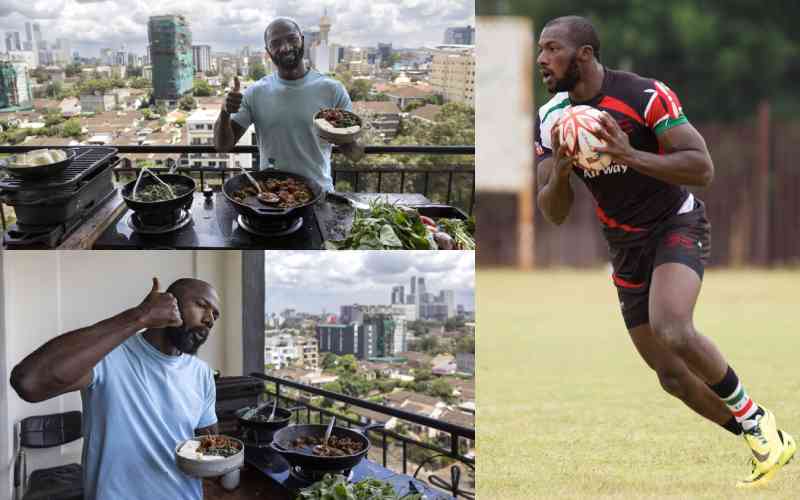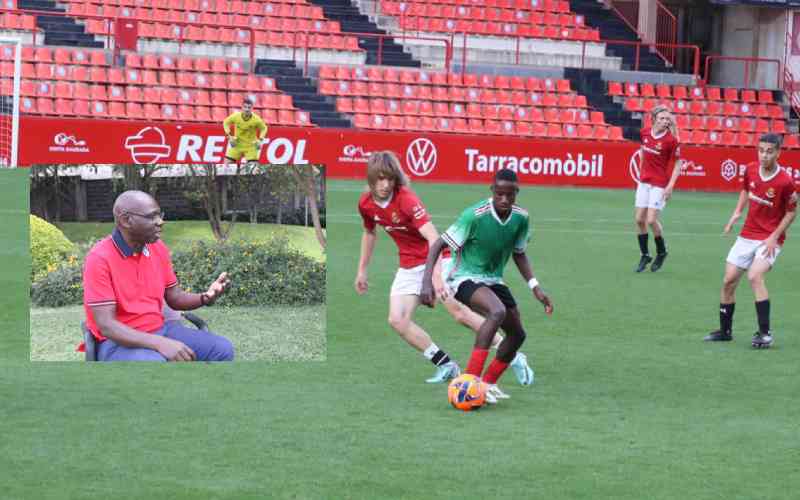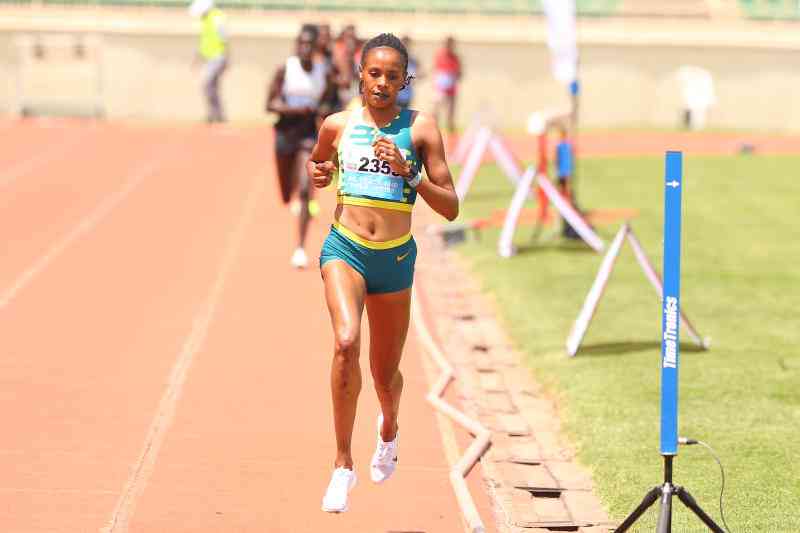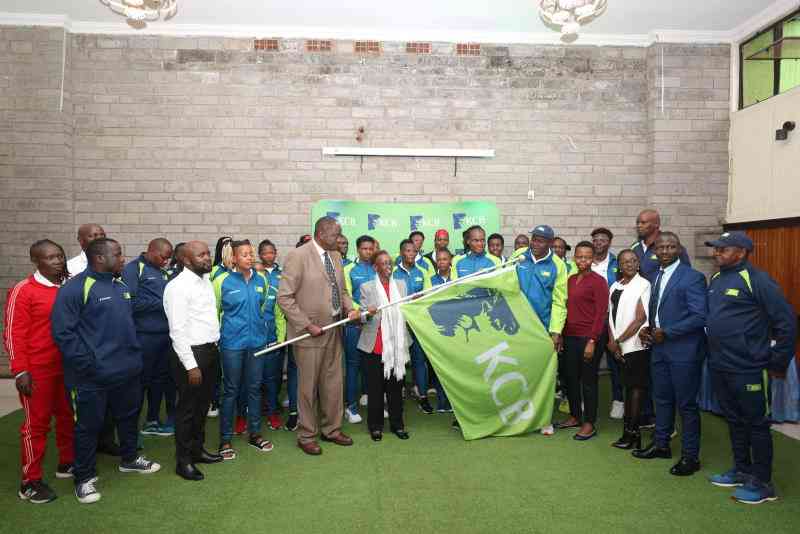By Omulo Okoth
He is one of Kenya’s greatest Olympic athletes. Kipchoge ‘Kip’ Keino is also one of the world’s most admired sporting heroes.
His stellar performances over a decade in the 1960s stretching to 70s sparked off generations of world class athletes, but none has won two Olympic Gold medals.
His courage and determination in winning a gold and silver medal in the 1968 Olympics, despite suffering from a gallbladder infection, endeared him to sports lovers around the world. That drive and single-minded determination to succeed against the odds has today made him one of the great benefactors to underprivileged children in Kenya.
He pioneered trendy high altitude training at 1,800 metres above sea level, as a technique to improve running time at any altitude. Today, as President of National Olympic Committee of Kenya, he is getting a dose of his own medicine when athletes refused to camp in England for the Olympics starting in London next week because they want to follow in Kip’s footsteps – training at altitude in Nairobi.
He was born in Kipsano, Nandi, around 1937-38 and worked as a physical training instructor in KIganjo Police Staff Training College. He also worked in the dreaded General Service Unit and in the regular police, rising up to the rank of Chief Inspector before he retired in 1973.
Keino began his international running career in 1962 when he set a Kenyan record in the Mile. At the 1964 Olympics in Tokyo, Keino represented Kenya in their first games as an independent nation, finishing fifth in the 5,000 metres.
Later in 1964, he set two world records, at 3,000 metres with a time of seven mins 39.6 secs and at 5,000 metres with a time of 13 minutes 24.2 secs. In both 1964 and 1965, at the first and second African Games, he was champion at the 1,500 metres and 5,000 metres. At the 1966 Commonwealth Games, Keino won gold medals in both the Mile and Three Mile events.
Victories
Keino’s most acclaimed international victory came at the 1968 Olympics in Mexico City, where, after having to jog a mile to the stadium because the bus from the Olympics Village was stuck in traffic, he won the 1,500 metres with an Olympic record time of 3 mins 34.9 secs.
The mark stood until 1984. He also won the silver medal in the 5,000 metres event despite an acute gallbladder infection. At the 1972 Olympics in Munich, West Germany, he won his second Olympic gold medal in the 3,000 metres steeplechase and also won a silver medal in the 1,500 metres.
Keino retired from the track in 1973, a Kenyan hero, but there was much still to come from this remarkable man. Kip and his wife Phyllis purchased a farm in Eldoret, which they converted into an orphanage, the Kip Keino Children’s Home. “We started with two children, then it went to six, then ten. Now it’s up to 90. We give them shelter and love.
Many of these children who lived with us as orphans have gone to university, some are doctors, and when you see them with their own families living well in society, I feel very happy,” he says. The Keino family realised a lifelong dream in 2000 with the creation of the Kip Keino School, funded by various donations. Almost 300 children age 6-13 attend the school.
 The Standard Group Plc is a multi-media organization with investments in media
platforms spanning newspaper print operations, television, radio broadcasting,
digital and online services. The Standard Group is recognized as a leading
multi-media house in Kenya with a key influence in matters of national and
international interest.
The Standard Group Plc is a multi-media organization with investments in media
platforms spanning newspaper print operations, television, radio broadcasting,
digital and online services. The Standard Group is recognized as a leading
multi-media house in Kenya with a key influence in matters of national and
international interest.
 The Standard Group Plc is a multi-media organization with investments in media
platforms spanning newspaper print operations, television, radio broadcasting,
digital and online services. The Standard Group is recognized as a leading
multi-media house in Kenya with a key influence in matters of national and
international interest.
The Standard Group Plc is a multi-media organization with investments in media
platforms spanning newspaper print operations, television, radio broadcasting,
digital and online services. The Standard Group is recognized as a leading
multi-media house in Kenya with a key influence in matters of national and
international interest.






